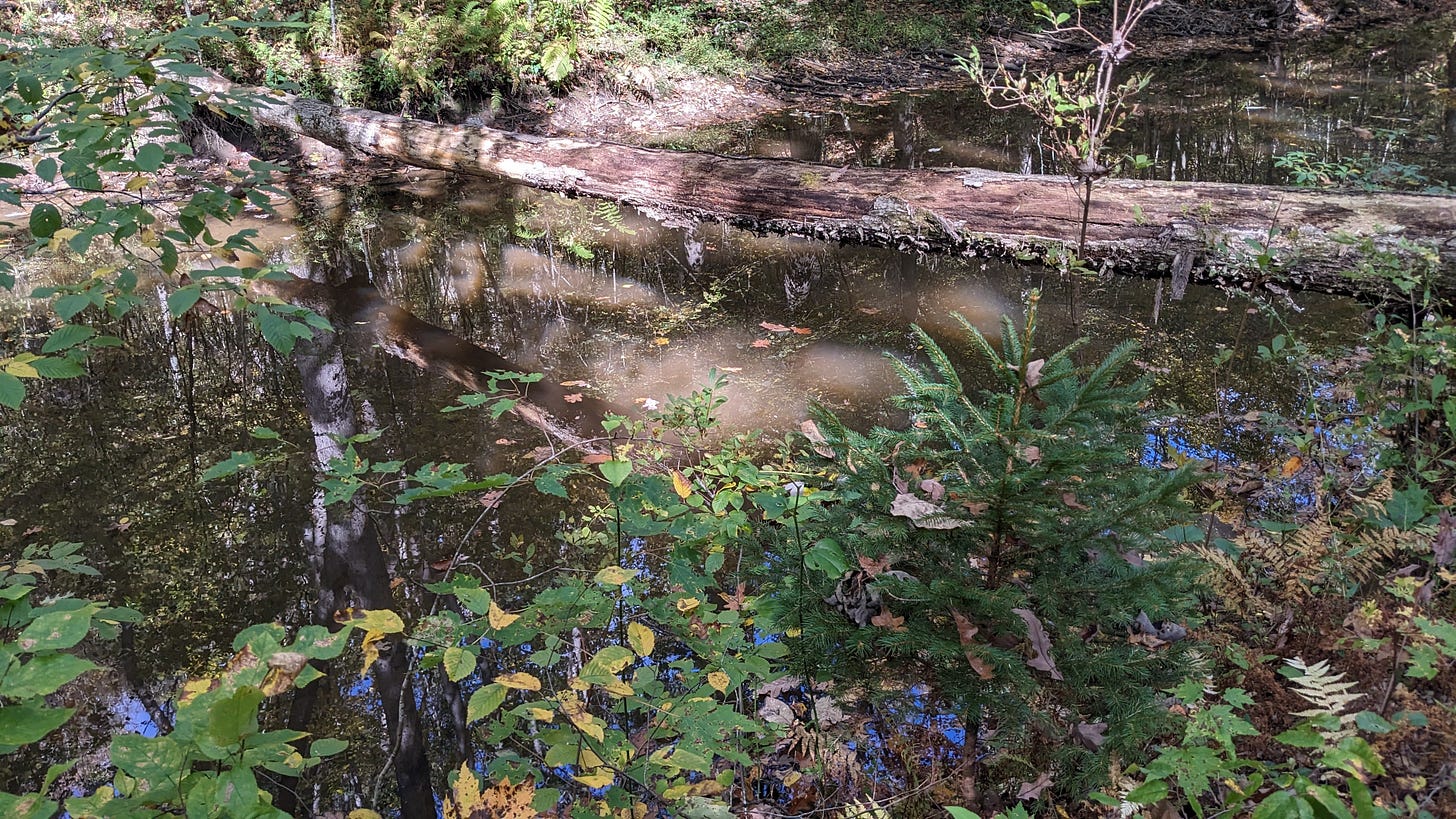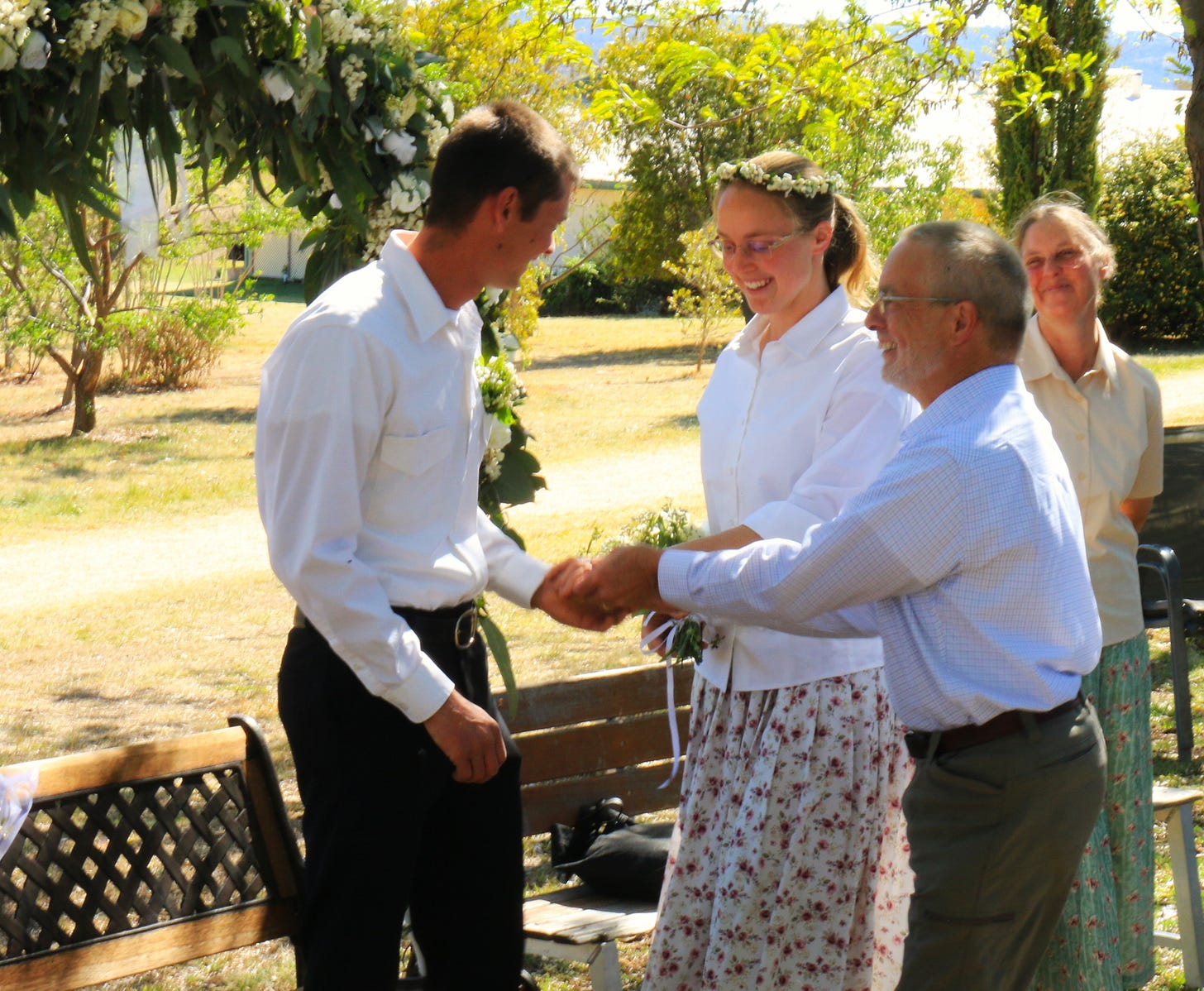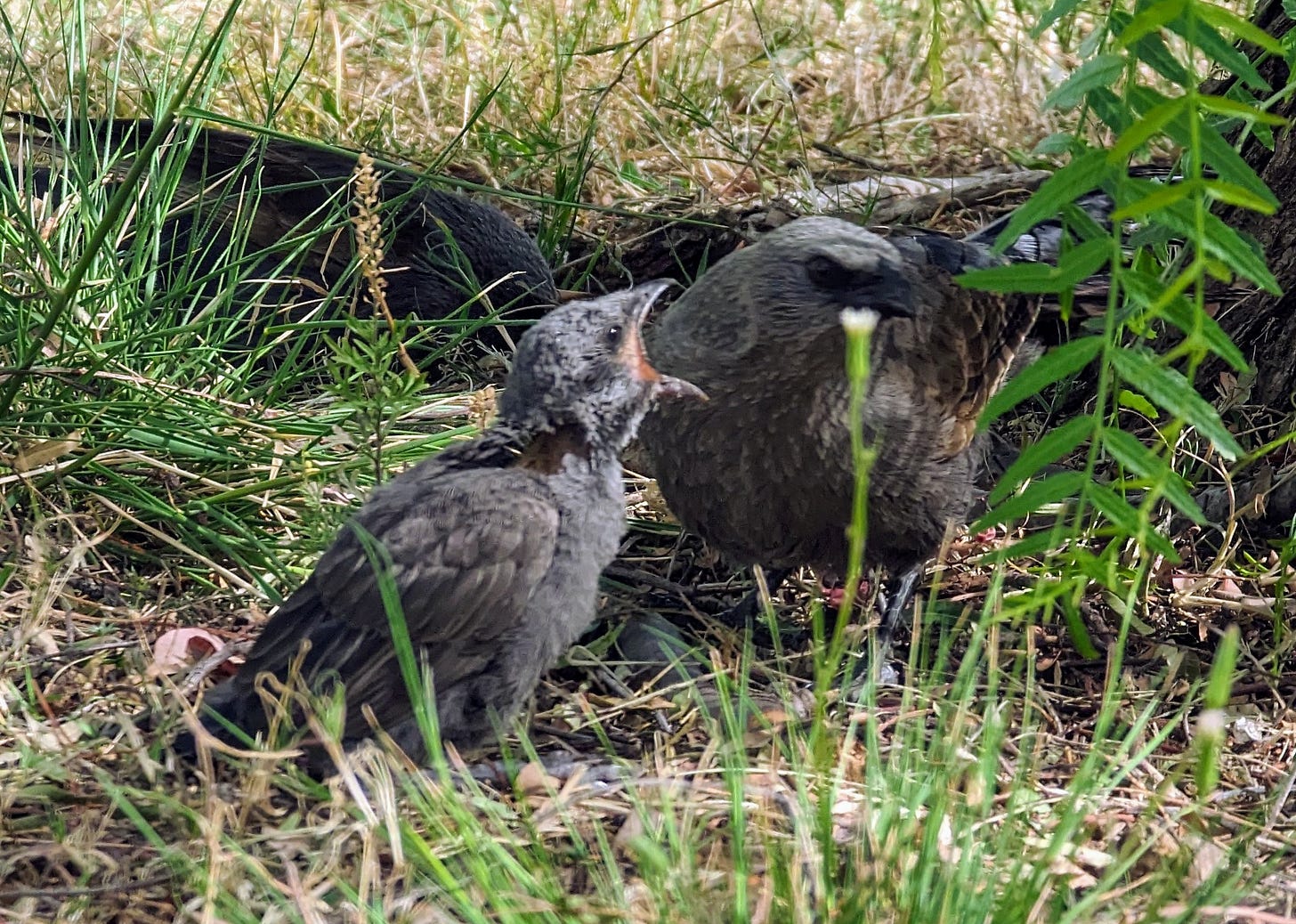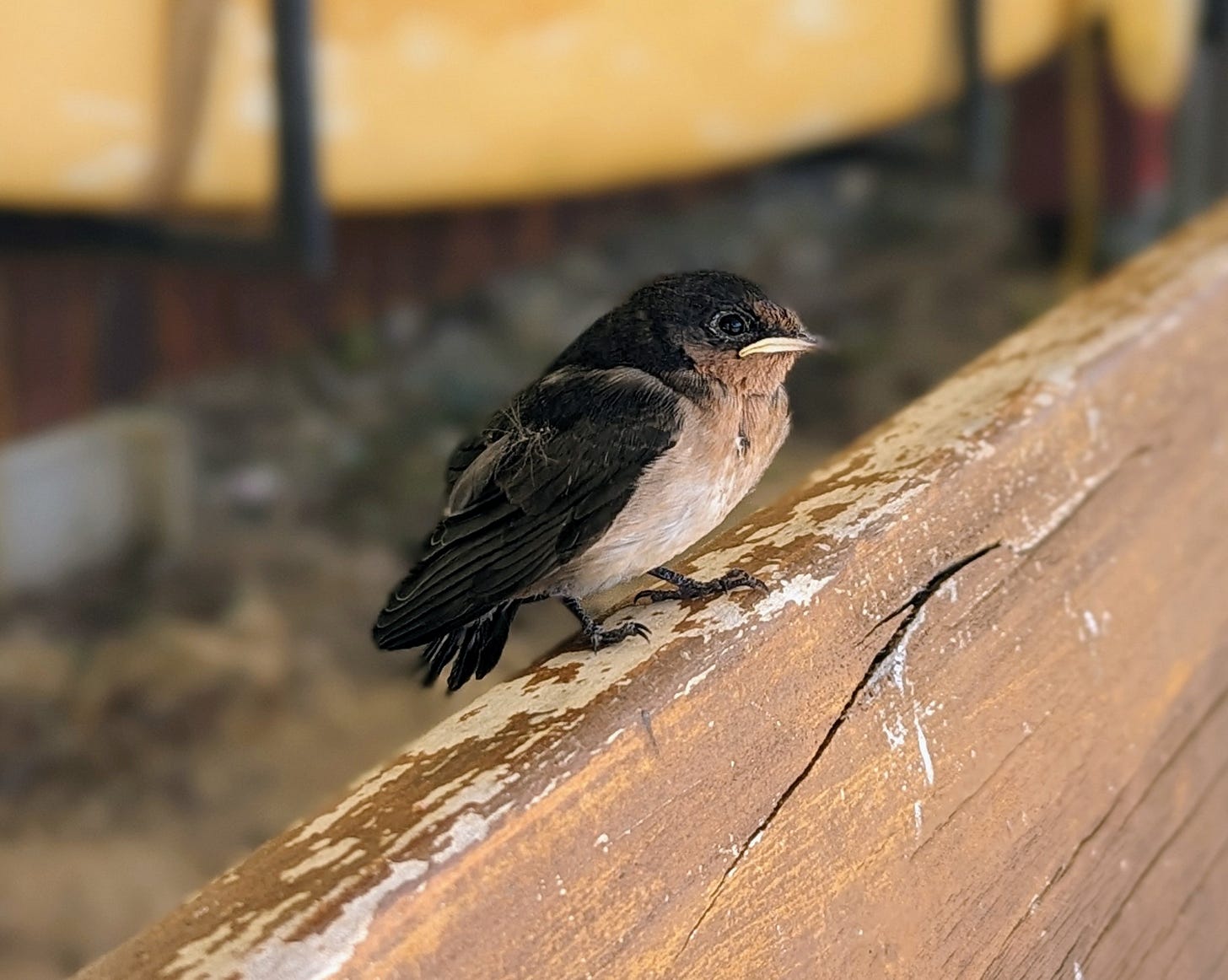October is here, a month so magnificent that it summons the words of the greatest poets. “Teeming Autumn,” says Shakespeare, “big with rich increase.” “Season of mists and mellow fruitfulness” wrote Keats, here to “load and bless/With fruit the vines.” It is “God’s world” in the words of Edna St Vincent Millay, with “woods…that all but cry with colour.” She goes on:
Lord, I do fear
Thou’st made the world too beautiful this year;
My soul is all but out of me,—let fall
No burning leaf; prithee, let no bird call.
Even as we grieve for suffering in Israel and Afghanistan, we are reminded in this sermon preached by John Donne in 1625 of the sovereignty of the God of mercy:
God made sun and moon to distinguish seasons, and day and night, and we cannot have the fruits of the earth but in their seasons; but God hath made no decree to distinguish the seasons of His mercies; in Paradise, the fruits were ripe the first minute, and in Heaven it is always autumn, His mercies are ever in their maturity.
We ask our daily bread, and God never says you should have come yesterday. He never says you must again to-morrow, but to-day if ye will hear His voice, to-day He will hear you.
If some king of the earth have so large an extent of dominion in north and south, as that he hath winter and summer together in his dominions, so large an extent east and west as that he hath day and night together in his dominions, much more hath God mercy and judgment together;
He brought light out of darkness, not out of a lesser light; He can bring thy summer out of winter, though thou have no spring; though in the ways of fortune, or understanding, or conscience, thou have been benighted till now, wintred and frozen, clouded and eclipsed, damped and benumbed, smothered and stupified till now:
Now God comes to thee, not as in the dawning of the day, not as in the bud of the spring, but as the sun at noon, to illustrate all shadows, as the sheaves in harvest, to fill all penuries, all occasions invite His mercies, and all times are His seasons.
We pray for peace and protection, especially for the world’s children, as we continue to gather – in families and as a community – to give thanks for the gifts of the past year. An Israeli friend just sent a message: “the only solution is peace and an end to the bloodshed.” May it be.
Trudi – in Spring Valley, southwest Pennsylvania
My mother was born in autumn and she in turn gave birth to one of hers in autumn. That one is me. Bliss Carman said it well in The Vagabond Song: “There is something in the autumn that is native to my blood—”.
I’ll let you look at the poem yourself. The lines might reflect your own feelings. I think it’s more than just a remnant of child-like birthday bias that makes this season my favorite.
This week, I felt as if the trees were saying, “look what we can do before we die!” Magnificent oaks have their acorns, conifers their cones, maples, beech, birch, and others trade green theme for a grand finale of color. Apple and pear trees seem proud to show that springtime blossom beauty was only a precursor to the real work of bearing fruit.
On weekdays, I’m lucky enough to enjoy the woods with my kindergarten class, and on Sundays, I’m at the wheel of a golf-cart with a ninety-two year-old passenger. “Grandma”, as I call her, has probably spent as much time in the woods as Henry David Thoreau. I enjoy navigating the leaf-covered, gently rutted trails of this corner of southwestern Pennsylvania. We both keep our eyes scanning for brake-worthy moments: a bird on a twig, a mirror-like pond, a joyful little waterfall, a moss-covered boulder, brilliant red sumac, a lovely bottle gentian. . . . Since the sound of a golf cart in reverse is an abomination to the eardrums, I avoid it at all costs and have learned to drive slowly so as not to pass anything by.
We stopped several times today. First to admire a reflection (a log’s, not ours) and then to check for wood ducks on a small pond, and best of all, to inspect the beginnings of a beaver dam.
After admiring the beavers’ handiwork, Grandma and I looked up at a brilliant orange-gold maple with a blue sky above. More Millay lines came to mind: “Oh world I cannot hold thee close enough”.
Which world? The world that mostly grabs our attention is so full of heartbreak, violence, and tragedy. We would fling that world far away if we could. But there’s God’s world, too. It comes to us in fleeting moments, very often in nature, almost never in our news feed. That’s the world we cannot hold close enough.
Marianne – in Woodcrest, upstate New York
The impulse to celebrate and give thanks is strong at this time of year. Writing in Plough Quarterly, Maureen Swinger describes some seasonal Bruderhof events, including our interpretation of Oktoberfest, which happened last week here at the Woodcrest community.
Preparations for Oktoberfest start in May, when the piglets that will eventually be the centerpiece of the feast arrive at the community barn. We live right next door to the family that takes care of the pigs (and our children are all the same ages), so over the summer our 5-year-old often joined her friend and dad going in the evening to the barn with scraps from the community kitchen.
The next step towards the festivities was brewing the Oktoberfest beer, which takes months to mature – our neighbor who takes care of the pigs is also the community brewer.
Then a couple weeks ago our two families harvested the half-dozen Asian pear trees that grow close to our house. Whether despite or because of a very rainy summer, it was an unusually abundant harvest.
Calpain – a protein found in some fruit including Asian pears (it’s traditionally used in marinade for bulgogi) tenderizes meat. We pressed some of the pears in a hand-cranked cider press, and the juice was used to marinade the pigs (now slaughtered) from last Monday until Thursday, the day of the Oktoberfest.
Wednesday evening around 8:00 the spitted pigs started to roast, coincidentally right under the pear trees. Various people volunteered to keep the fire going during the night, and a handful of families (not us) came out first thing in the morning and had breakfast around the fire pit. When I walked to work at 8:30 I could smell roast pork, but it wasn’t until 3:00 in the afternoon that the meat was sliced and served up.
At 4:00 the whole community, along with guests from the neighborhood, assembled outdoors. The food (roast pork, oversize pretzels and honey mustard, salads, and caramel apples) and drink (cider, and Oktoberfest) were ready, a cookie decorating table, trike course, and soccer pitch were waiting for the kids. We said a prayer: of thanksgiving, for peace.
Norann – in Danthonia, New South Wales, Australia
It’s Spring here in Australia, and a time of “loading and blessing” as the trees flower, the fruit sets up, calves are born, new plantings begin, and piglets arrive. There are seasonal metaphors everywhere as we observe the life-giving cycle of nature as it works with creativity and commitment, courage and faith, and, when the time is right, knows how to let go.
On Sunday, as we absorbed and prayed over the news of war in Israel and Palestine, our community celebrated the outdoor wedding of my former student, Keith, to his bride, Felicity.
After the father of the bride gave his daughter away, the young couple sat under an arch of white roses, eucalyptus, and honey locust blossoms and took lifetime vows. Parrots shouted in the pollen-laden trees, and distracted bees harvested from the wedding arch.
Bees are an essential part of any healthy ecosystem, and during these springtime weeks they are heard in every tree – not just the apple and citrus orchards, but also the many lilac-scented chinaberries (anyone from South America will call them “paraiso”), native shrubs, and gum trees we have planted on our property.
Bees are also an important part of our family life at the moment as our youngest son and his Year 11 Apiary Club spend several hours every week tending to Danthonia’s bee hives. They graft queens, monitor genetics, extract honey, and create nucleus hives. On the weekend, my son’s friend, Kyle, captured this baby bee birth on camera:
But bees aren’t the only things that are hatching. Fledglings are everywhere, most notably (and noisily) Apostle bird babies and their parents (and helpers) on the grass outside my office. Apostle birds work in groups of 12 to 30, with only one breeding pair in a group – the rest of the birds assist with building the nest and raising the young. I’m observing the fascinating protective and collaborate behavior of the Apostle bird community when they sense danger to the fledgling - while the parents stay on the ground near to the baby, the rest of the birds distract the potential predator by acting wounded, attacking from the air, or loudly calling others to join in the defense.
After the wedding, and after the wedding guests had departed, I took an evening walk to our swimming dam. There, I observed welcome swallow parents teaching this little one how to fly.
After several successful flights, things took a treacherous turn.
The fledgling attempted a longer journey over the dam but didn’t make it. Despite encouraging calls from the swallow parents (who flew nearby) the little one collapsed into the water. It spread its wings to assist in flotation and waited.
Help was on the way. The bride’s parents were enjoying an evening swim, and I called to them to help. Without hesitation, the father of the bride swam over to the little bird and gently lifted it in the palm of his hand. He raised it tenderly above the water and carried it the to the bank, where I took the bird and settled it in a tree near its nest.
Whether it survived the night I do not know. Eternity is always set in our hearts, and sometimes, for fleeting moments, we get to hold it in our hands.
What we’re enjoying
Marianne
Not sure why I associate the clarinet concerto by English composer Gerald Finzi with this season, but I do. Enjoy the third movement with its very beautiful, restful melody and slight air of melancholy.
Trudi
I’ve met a few new autumn poems recommended to me by a teacher a few classrooms down the hall. I hear her students reciting poetry, and they probably hear Beethoven’s 6th Symphony echoing down the hall from my classroom. The two go quite well together. Ponder one of her recommendations: Interior Tree by Anne Morrow Lindbergh.
Norann
I have two excellent books going at the https://www.poemhunter.com/poem/interior-tree/moment. They are both autobiographies of women, but from very different perspectives and continents. The first is Dorothy Day’s The Long Loneliness, which chronicles her journey to faith, and the second is Life Keeps Me Dancing, by Eileen Kramer, an Australian choreographer, painter, and writer. “I’m not old, I’ve just been here for a long time,” writes the 108-years-young Eileen, while each bend of Dorothy’s journey reminds me of her truth that, “We have all known the long loneliness and we have learned that the only solution is love and that love comes with community.”














